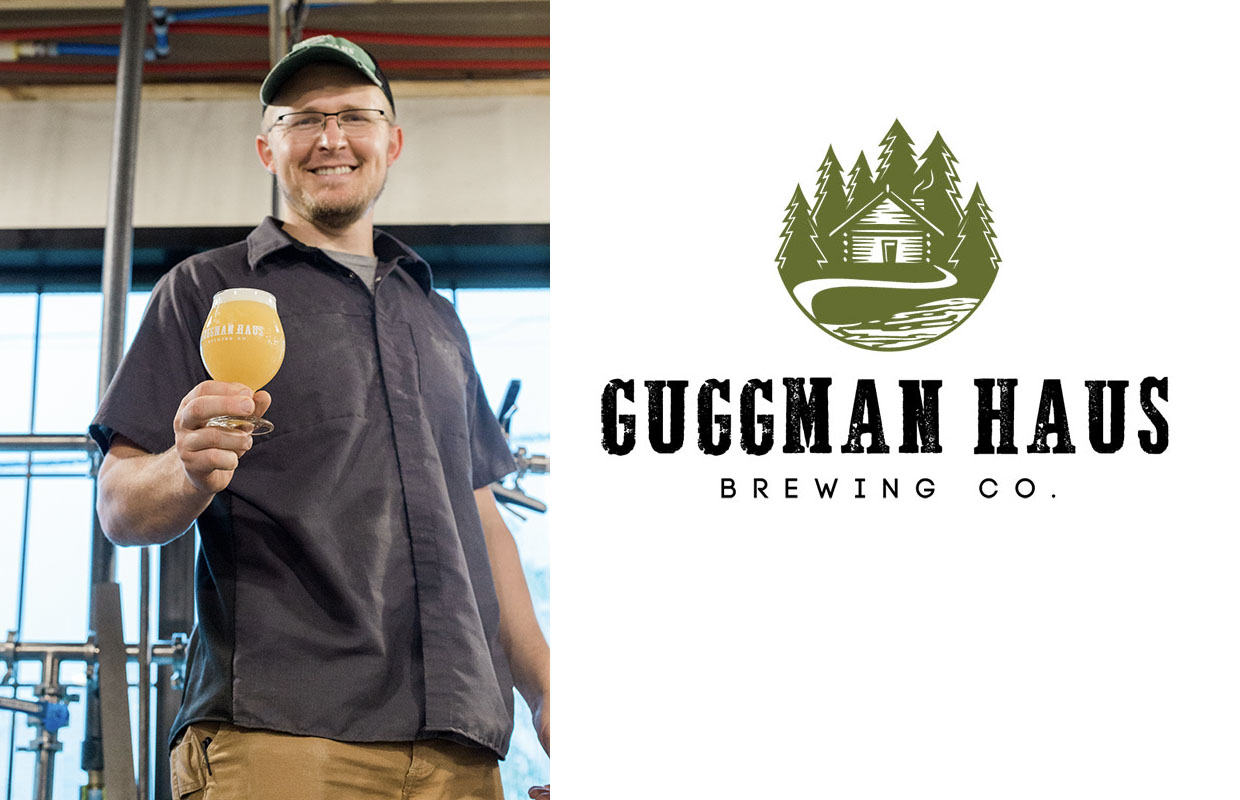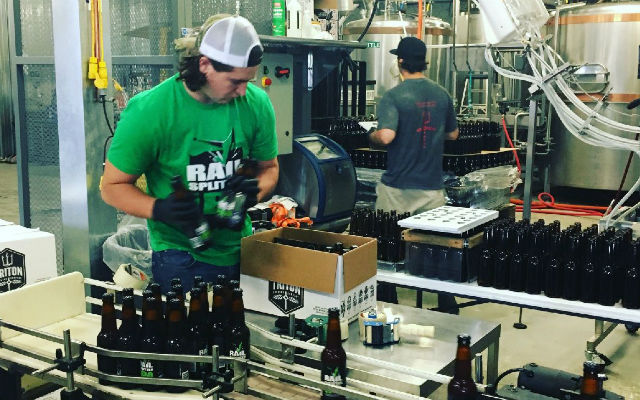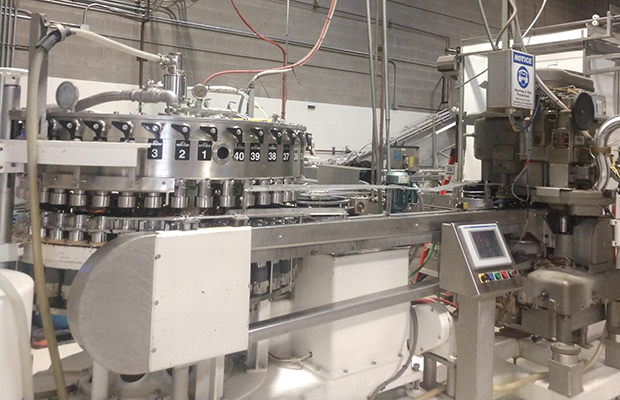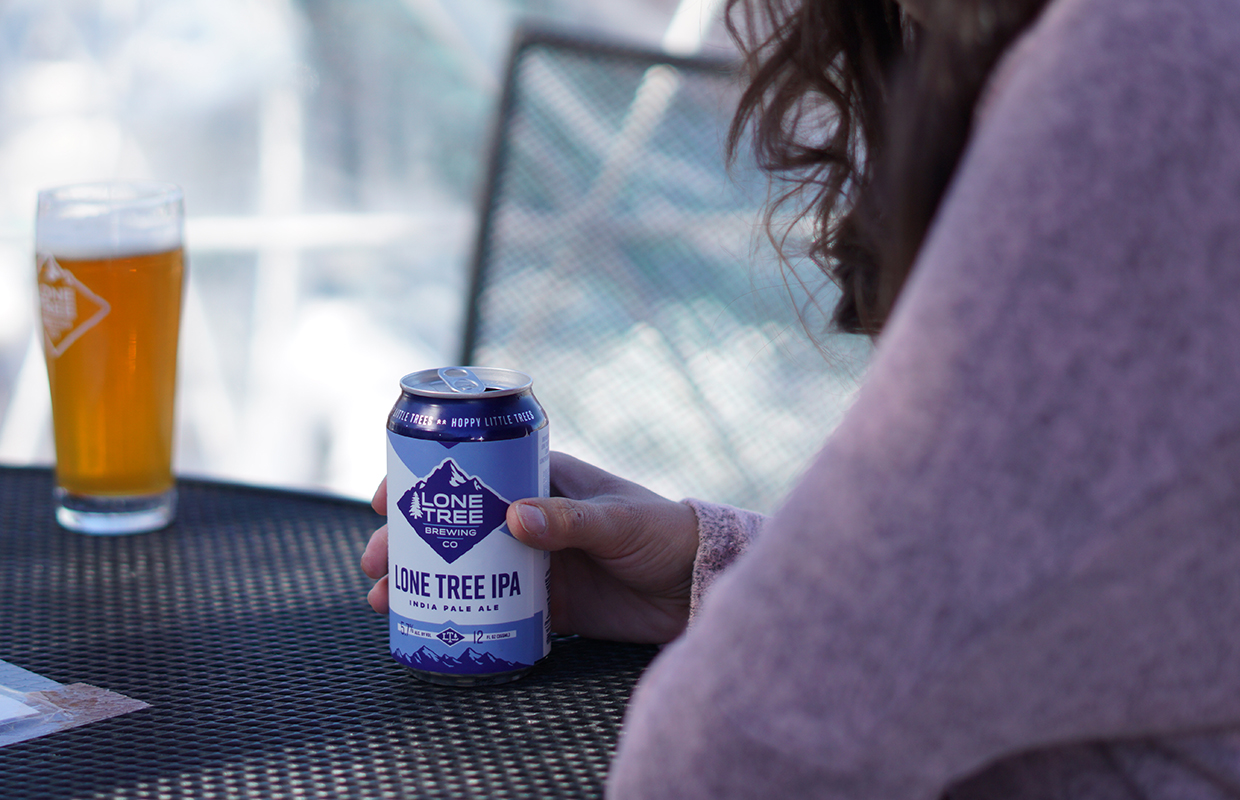
This is a part of a continuing series of Q&As with members of the brewing community from across the US.
Brewer Magazine will share business and personal insights from Brewmasters, Head Brewers, Brewing Managers, Sales Directors, QCQA Managers and others each weekend to help you get to know each other better in the industry and learn more to better develop your own brand.
Derek Guggenberger, Head Brewer/Director of Brewing Operations, Guggman Haus Brewing — Indianapolis
BREWER: Why did you enter the craft beer industry and what makes you love being a part of it and staying in it?
GUGGENBERGER: Courtney (my wife & business partner) and I lived in Germany for a year after college with my first job and really fell in love with the beer and beer culture there. I had experimented with homebrewing prior to moving to Germany, but the level of beer that we had access to in Germany was so much better than what I was used to, that I was inspired to take it to the next level when we moved back to the States. I started homebrewing seriously and eventually listened to a podcast about a small brewery opening up that made opening a brewery more relatable and not so out of reach. Eventually my sister-in-law (Courtney’s twin sister) and her husband, who were living in Denver, moved back to Indianapolis and we decided we wanted to bring the two amazing beer cultures that we had experienced together and open a brewery. I love to make great, high-quality beer, which is satisfying for me just on its own, and I love meeting other passionate brewers as well.
BREWER: What do you feel have been new challenges in your position that have helped push you and make you better at your job?
GUGGENBERGER: One of the challenges of being a new brewery these days is that everyone already has their favorite brewery, so it isn’t enough to just make beer that is as good as the other breweries around you. I’m always looking to improve and get better, so this has been a fun challenge for me, and one that I feel we’ve embraced well.
BREWER: How has the definition of growth for your company evolved and how have you adjusted to be successful in that new definition?
GUGGENBERGER: For me I have always wanted to get big enough that we can afford to make some of the investments that can keep improving the quality and consistency of our beer. My background is engineering, so I know there are always things that we can invest in to help us improve. I’m also excited to get big enough that we can get access to more exclusive hops through hop selection. As time goes on, we are still strategically planning to steadily grow to accomplish those goals, but we have the patience now to make sure we are growing in a smart way.
BREWER: What strategic growth opportunity do you feel is still “out there” for your brand and how are you working on capitalizing on it this year?
GUGGENBERGER: We are still a relatively small brewery, and it is amazing the number of people even inside Indianapolis that haven’t heard of us yet. I think there is still a lot of growth potential even inside our four walls and we have barely even broken the surface of distributing our beer outside our brewery. Right now the focus is really on bringing more people to the brewery and starting to get our beer out there through self-distribution. We’re building the right team to make that happen, so we’re on our way.
BREWER: If you had one business strategy that you could implement to better the brewing industry, what would it be?
GUGGENBERGER: For me I think there are still too many breweries that put themselves in the tough position of having to either sell a beer they aren’t proud of or dumping the beer and taking a huge loss. We have always taken the approach of dialing things in on a smaller scale first before making larger batches, ensuring our customers are never presented with a sub-par product. When breweries put out beer that they shouldn’t, it hurts the entire industry, not just that brewery. That beer could be someone’s first experience with craft beer, and if they have a bad experience it could make them less likely to try other craft beer.





Be the first to comment